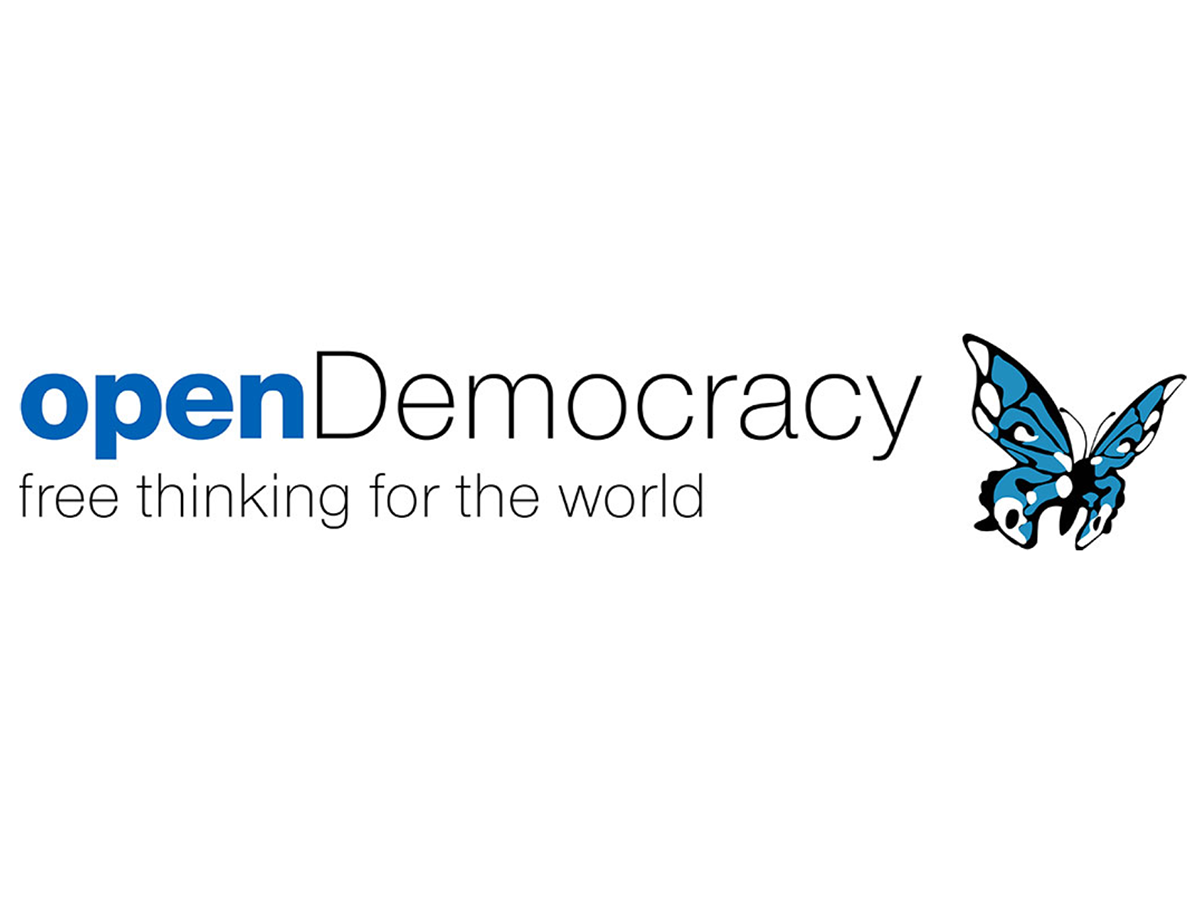Are Evidence-Based Decisions Impossible in Politics?

Human psychology and institutional incentives are powerful barriers to truth and reason, but both can be addressed.
It is astounding that human beings continue to be astounded by human behaviour. The Enlightenment ideal of the rational, calculative, dispassionate reasoner is so deeply embedded in our self-narrative that despite routine violations of our expectations and explanations of why people make the bad decisions they do, we scratch our heads every time we live up to who we really are.
How could the United States elect Donald Trump as president, and how could they not immediately remove him from office? How could the United Kingdom choose Brexit and then allow the high and costly drama of its realization to drag on for years? How could citizens in Ontario elect the inept Doug Ford as premier? Why aren’t we moving faster on climate policy when we know that the threat of climate change is unprecedented and existential?
Well, meet us. Right? There’s your answer.
Making good political decisions is difficult because human beings spend so much time in what economist and psychologist Daniel Kahneman calls “System One” mode. This is a way of thinking that is fast, emotional, easy and efficient. It’s heavily reliant on cognitive shortcuts and fast judgments, and prone to bias. Much of our politics exists in this space - the immediate, the gut, the familiar and emotional. And many of our structural incentives - our institutions, rules, laws and habits - keep us locked into this mode.
It’s not that we don’t want to do better. We often do. Plenty of us like evidence, rigorous reasoning and careful thought. But in a busy, distracted, speedy and complex world, we often take the path of cognitive least-resistance and get stuck battling the psychological tendencies that lead us towards poor reasoning. And given that we are often rewarded for doing so, at least in the short term, we’re encouraged to keep it up.
For example, we pick a party or position to support (for whatever reason), and we dig in. We are now part of a team. When our side wins, we feel good. We feel connected. We feel like winners. In some cases, this connection becomes part of our identity - like the sort of partisan attachment that is so common in the UK and USA right now. After that point, little is likely to move us.
You might expect politicians to be better. After all, they’re professional political decision makers. But you’d be mistaken. Like us, many try to do better but run up against their own psychology - and the structures that shape their profession.
In November 2019, the not-for-profit, science-boosting organization Evidence for Democracy released their new report Evidence in Action. They interviewed a sample of members of Parliament in Canada about the ways in which they gather and use information, wanting to know what role data and evidence plays in shaping policy and decision making among members of the House of Commons.
The researchers found that these processes varied widely, though a few findings were common: Google searches are used frequently; most MPs (94 percent) trust the Library of Parliament; and many like to talk to constituents (71 percent), experts (71 percent), and external organizations (88 percent).
While this shows that MPs value some kinds of data and evidence, the group also found that evaluations of what counts as ‘credible’ are wide-ranging. Most importantly, perhaps, respondents flagged a handful of barriers to using data and evidence in their work. What’s fascinating about the challenges they cite is that they’re mostly structural or institutional in nature. While making good, evidence-based political decisions requires us to consider and manage human psychology, doing so is made much more difficult when the institutions, rules, habits and practices around us constantly undermine our efforts.
For example, nearly 60 percent of MPs interviewed for the report cited “navigating information that had spin or bias” as a key challenge to using evidence for decision-making. Observers of politics will recognize that in some cases, political actors will view this sort of information as a necessary evil. Partisan politics incentivizes truthiness in service of winning. The 2019 election campaign in Canada was nasty - and yet the Liberals (who partook in the nastiness) managed to hold on to government, though their power is diminished with a minority in parliament.
The most common challenge MPs cited, however, was limited resources, especially too little time and the information overload that ensues. Good political decision making takes time. In an environment in which you’re constantly bombarded with information - often conflicting, sometimes suspicious - it is difficult to sort through and understand it all. The stresses of insufficient resources undermine even good faith efforts to make rational decisions.
In a related finding, MPs mentioned that they didn’t always have the resources to manage information, which is to say not enough money or staff. Democratic politics is often cut-rate politics. Citizens expect politicians to be frugal; and while they want good policies, they are hesitant to pay for them. Therein is the paradox of the democratic miser.
Finally, as the Evidence in Action report summary notes “There was a discussion of how politics is never fully ‘evidence based’ because so many other factors have to work into decisions.” Returning to politics and psychology, that’s the heart of the matter. “Other factors” include, no doubt, constituents who may not be receptive to data and evidence, or certain data and evidence. It also includes instances where, for partisan reasons, a party has no interest in deploying good research - for example, if it undermines a core goal that’s important to their political fortunes.
Addressing the challenge of such partisan goals is central to better politics. The defense of such skullduggery is as old as politics itself. “We’re the best option,” says the party. “But if we don’t win, we can’t govern. So there are some unsavoury things we may have to do to win, but that’s the cost of doing business.” In other words, the ends justify the means, and in a strategic political environment – like in a legislature or during an election, each of which is partisan, competitive, and often zero-sum - that may well be true. The trick, then, for securing better evidence-based political decisions is to change the incentives that are built into the structure of our politics. How do we do that?
Deliberative and participatory approaches to politics such as citizens’ assemblies and participatory budgeting are essential for transforming politics and securing better political decisions. By bringing day-to-day people together, giving them access to resources like time and expertise, and asking them to give reasons back and forth in service of reaching the best political decision, we can shift the balance of power towards political decisions that are made first and foremost in the public interest and without the distorting effects of partisan considerations.
For instance, imagine an assembly tasked with deciding climate policy. Rather than asking individuals to list priorities and preferences on the fly – as would a poll – or encouraging them to repeat talking points from the news or strategic actors – which they come across day-to-day – deliberative assemblies provide people with an island of calm in the middle of a roaring sea. Here, people can take their time, consult experts, and engage with their opposites as interlocutors rather than as opponents. So instead of repeating common solutions off the top of their heads (for instance, carbon taxes), or adopting the partisan positions of political parties (which might be their only frame of reference), individuals can engage with evidence and with each other, trading reasons back and forth in the service of developing a range of policy options.
These deliberative bodies could then become guides for other citizens and reliable resources for politicians (and in some cases, let’s be honest, political cover for them). As a bonus, deliberative assemblies that are well designed and executed can also help manage some of the cognitive gremlins that sneak into and upset good political decision making - for example by filtering relevant information from irrelevant information and managing cognitive overload, while giving people time to think through options, thus sparing them from the need to use heuristics to produce quick judgments.
Better political decisions are possible. Given the challenges we face now and those we’ll come to face in the future, good decisions are also essential. To make such decisions, we must address both the psychological and structural barriers that impede rational, truth-based politics among politicians and the general public.
Better decisions will require data and evidence. They’ll also require an environment buttressed by institutions that support and incentivize the use of these things. As challenging as these transformations may be, we can at least be encouraged by the fact that the best research and experience is showing us ways forward.
David Moscrop is the author of Too Dumb for Democracy?
This post first appeared on:
Image: dierk schaefer via Flickr (CC BY 2.0)



